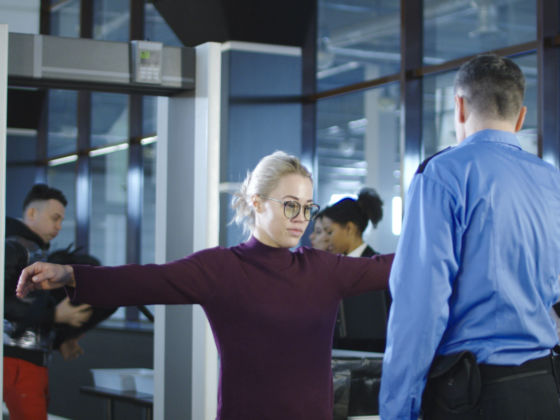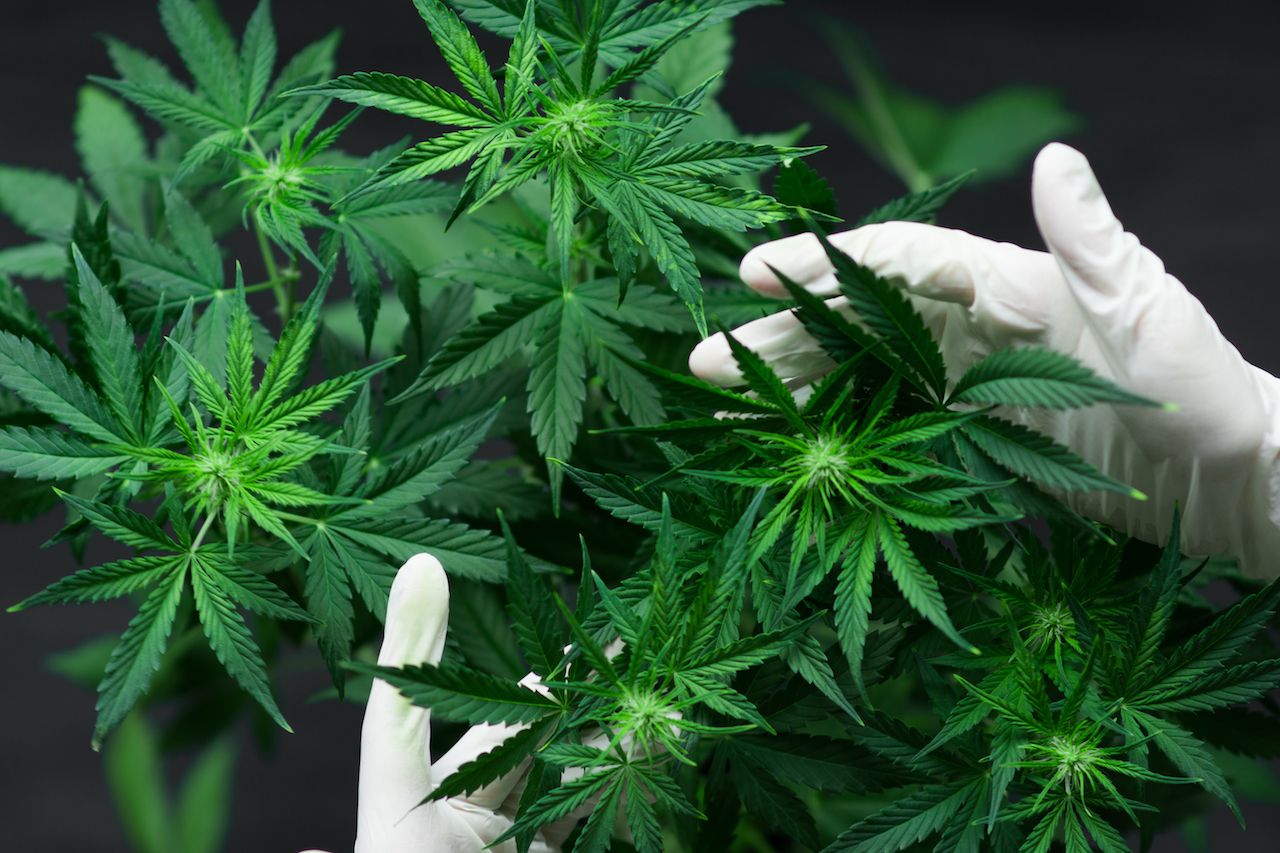Cannabidiol, or CBD, can be a stress-relieving godsend on a long flight. It can take the edge off and make you calmer, perhaps even help you ease into that ever elusive in-flight nap.
Since flights are regulated by the federal government, though, even states that allow recreational marijuana fall under the feds’ strict CBD rules. That makes flying with CBD about as complicated as keeping up with all the concurrent storylines in Game of Thrones.

